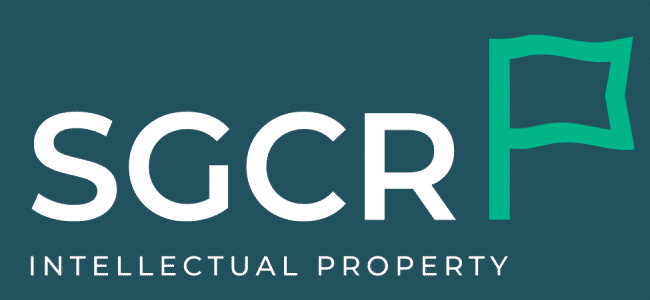In a recently published decision the Lisbon Court of Appeal has considered that a trademark depicting the word FASCISTA (fascist) may not be registered since it contains an “expression or figure contrary to the law, morals, public order and accepted principles of morality”, which is a ground of refusal of registration foressen in article 231(3)(c) of the Industrial Property Code (Industrial Property bulletin No. 2021/02/24).
Facts
The applicant has originally filed an application for registration of the word mark FASCISTA for “wines; alchoolic beverages except beers” in class 33; following a provisional refusal of registration, the trademark was changed to include a device, but still contained the word FASCISTA:

The INPI (Portuguese Industrial Property Office) issued a final refusal of registration based on the aforementioned rule of the IP Code, stating that the relevant sign promoted an ideology that is currently repelled by the collective conscience of the society and also by the Portuguese Constitution.
Appeals
The applicant did not agree with the INPI’s decision, therefore appealing to the Intellectual Property Court (IPC). Among other arguments, the appellant submitted that there were already registrations in force concerning trademarks which were allusive to fascism such as FACHO, FACHÃO, ESTADO NOVO, TERRAS DE SALAZAR, GRANDE DITADOR and PIDE.
The court confirmed the refusal of registration, remarking that the word FASCISTA has an obvious political connotation. The ruling has emphasized that fascism is nowadays rejected by public conscience, by the juridical system and by a set of principles rooted in the collective community. Interestingly, the 1st instance court considered that situation was somehow made worse by the kind of goods covered – insofar as they are generally consumed in parties and other social interaction environments – and by the inclusion of a wing in the device element – which, in the court’s opinion, might lead to an erroneous association between fascism and freedom.
In a further appeal, at the Lisbon Court of Appeal, the applicant has argued that the refusal was contrary to freedom of expression, indeed tantamount to an act of “censorship”, and also that it was arbitrary considering the existence of registrations in force for several comparable marks.
However, the Court of Appeal confirmed the previous decisions of the Office and 1st instance court. The higher court concluded that the grant of registration to such a trademark “could legitimately be perceived as a promotion of, or an appeal for the organization of, a political movement espousing that kind of ideology (fascism)”, especially considering the relevant goods – and stressed that the founding of such organizations is prohibited by the Portuguese Constitution. The inclusion of a wing device was also commented, with the Court of Appeal going even beyond the 1st instance decision by stating that said element enabled associations with Nazi symbols (the imperial eagle) or the Italian fascism.
In short, the Court of Appeal decided that it was also for trademark law to guarantee public safety against all registered trademarks that infringe fundamental principles and rules of societal organization, which includes protecting people from being exposed to signs that might intimidate them through association with violent organizations or past atrocities.
Sandra Martins Pinto smp@sgcr.pt



